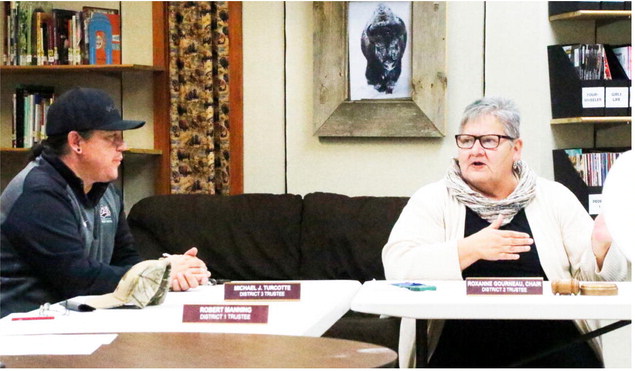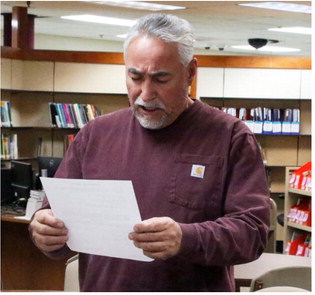New Products For Prevention Of RSV
Respiratory syncytial virus, or RSV, is a common respiratory virus that usually causes mild, cold-like symptoms. People are typically infected with RSV as an infant or toddler but repeat infections may occur throughout the lifespan. Infants and older adults are more likely to develop severe RSV that necessitates hospitalization and may cause death.
RSV can spread yearround, but the season typically starts during fall and peaks in the winter.
Signs & Symptoms include:
• Runny nose
• Sneezing
• Decrease in appetite
• Fever/chills
• Coughing
• Wheezing Transmission
RSV is very contagious. It spreads person to person by droplets that are expelled when someone infected with RSV coughs, sneezes or talks.
RSV can survive on hard inanimate objects such as tables, doorknobs and crib rails for many hours. RSV can survive on soft surfaces, such as fabrics, tissues and hands, for shorter amounts of time.
To interrupt the transmission of RSV, good respiratory and hand hygiene are needed:
• Cover your mouth and nose with a tissue when coughing or sneezing.
• Throw tissues away after use.
• Wash hands often with soap and water.
• Avoid close contact with others when ill (e.g., kissing, shaking hands, and sharing cups/eating utensils).
• Stay home when sick.
• Clean frequently touched surfaces such as doorknobs, toys, and mobile devices.
Individuals at increased risk of severe disease:
▪ Premature infants ▪ Young children with congenital heart or chronic lung
disease
▪ Young children and adults with compromised immune systems
▪ Children and adults with neuromuscular disorders
▪ Older adults, especially those with underlying heart or lung disease such as COPD, asthma, congestive heart failure, coronary artery disease, diabetes mellitus, kidney or liver disorders, hematologic disorders
▪ Adults who are 60 years or over or are frail or of advanced age
▪ Residents of nursing homes or other long-term care facilities Two products new for the 2023-24 Respiratory Season for RSV prevention
• Nirsevimab (Beyfortus) is recommended by the CDC for all infants who are younger than 8 months and born during — or entering — their first RSV season (typically fall through spring). A dose of Beyfortus is also recommended for some children between the ages of 8 and 19 months who are at high risk of severe RSV.
Beyfortus is not a vaccine, but rather monoclonal antibodies (antibodies readymade in a lab to act against the respiratory syncytial virus).
• Vaccination with RSV vaccine is recommended for adults 60 years and older who have had a discussion with their healthcare provider (which includes their immunization nurse) and determine vaccination is appropriate. RSV vaccine may be given at the same visit as influenza vaccine. Unlike influenza vaccine, RSV vaccine is not a yearly vaccine. It is only needed one time.
Contact your healthcare provider for more information.
Roosevelt County Health Department anticipates being able to supply the products in October. For more information or to check on availability, call the health department at 406-653-6223.
Vaccination hours are:
• Tuesdays – walk-ins 1-4 p.m.
• Wednesdays – walk-ins 9-11 a.m. and 1-4 p.m.
• Thursdays – appointments 9-11 a.m.

